
News writer
We often hear about lottery scams and people trying to pull one over on vulnerable people.
While it is common, there have been some pretty wild stories that go along with it. We decided to take a look at five of the most outrageous scams and arrests that have taken place in lottery history, so check them out below.
1 - International lottery scam
An international lottery scam targeting older adults was discovered and shut down in 2023. Officials determined that seven individuals worked together to defraud and steal more than $2.8 million from the elderly and vulnerable victims in the Western District of Pennsylvania and other places in the United States.
How did it work? These individuals contacted the victims and falsely told them they had won a million or multi-million-dollar sweepstakes. In order to claim their “prize,” the victims would need to pay certain taxes and fees. To make it seem more legitimate, these individuals would send forged documents to the victims, claiming to describe the sweepstakes winnings and show the required taxes and fees. Some of these documents bore the seals of government agencies.
The suspects then directed the victims to send money, which included cash, checks, and money orders, to people designated by the suspects. While some of the seven suspects were conspirators in the plan, others were unwittingly fooled into accepting and moving money on behalf of the members of the conspiracy.
After the money was laundered through a network of bank accounts and money mules, the victims' money was then withdrawn by members of the conspiracy living in Jamaica.
In a statement, U.S. Attorney Eric G. Olshan said:
These defendants allegedly enriched themselves at the expense of elderly victims who believed they had won the lottery.
FBI Pittsburgh Special Agent in Charge Mike Nordwall added:
Those charged targeted and took advantage of some of the most vulnerable people in our society. This was a wide-reaching conspiracy that cost victims millions of dollars.
In December 2023, the United States Attorney's Office Western District of Pennsylvania announced that seven people were indicted by a federal grand jury in Pittsburgh on charges of conspiracy to commit mail fraud, wire fraud, and money laundering.
The seven individuals named in the indictment were Jason Plummer, 31; Troy Williams, 38; and Tajay Singh, 26, each of Montego Bay, Jamaica; Tashane Murray, 30, of Miramar, Florida; Clevon McKenzie, 31, of Mount Vernon, New York; Gyzzell Byfield, 27, of Bridgeport, Connecticut; and Daneil Reid, 27, of Fort Lauderdale, Florida.
This has not made it to trial yet, but if convicted, each individual faces up to a maximum total sentence of 20 years in prison, a fine of twice the amount of money lost to any victim, or both.
2 - Massachusetts family tried to defraud the lottery out of $20 million
A Massachusetts man and his two sons were known as “10 percenters”, and they used a covert network of convenience stores and tax-shy scratch-off winners to defraud the lottery of more than $20 million, authorities said.
The elaborate scheme started around 2011 when Ali Jaafar claimed 136 lottery tickets worth $217,000 with the Massachusetts Lottery. In 2012, Jaafar claimed 214 tickets worth $367,000, and in 2013, he claimed 867 tickets worth almost $1.3 million. Jaafar's sons, Yousef and Mohamed, started helping their father in the scheme in 2013, which explains the big jump in tickets.
The scheme used a form of money laundering known as “10 percenting.” This works by having the real lottery winner enlist the help of a middleman in order to avoid paying out hefty taxes on their winnings. So, instead of claiming the winning ticket themselves, this middleman would claim the prize in exchange for a 10 to 25 percent cut of the winnings.
By doing this, the real winner doesn't have to pay any taxes on the winnings, and the “ten percenter” normally avoids taxes by claiming gambling losses when they file their taxes, officials said.
Jaafar and his sons became prolific 10 percenters in Massachusetts, as Jaafar owned a prepaid phone card business and had easy access to convenience stores and their owners. In 2023, Jaafar confessed to the illicit scheme and said his network of convenience stores would contact him when they got a winning ticket over $600. Jaafar or one of his sons would then show up at the store, purchase it for slightly less than the full prize, and would never even learn the real winner's name. The Jaafars would then go to the lottery office to claim their big prize. Jaafar would then claim bogus gambling losses to avoid paying taxes despite lottery winnings of about $10 million, authorities said.
It wasn't just Jaafar and his sons getting money, as the convenience stores got their own kickback — typically between $50 and $100.
Lottery officials and the IRS got word of the scheme in 2019, and an investigation began. In 2020, Yousef and Mohamed were turned away at the lottery office and couldn't turn in any more winning tickets.
In November 2023, Mohamed pleaded guilty to a single conspiracy charge and was sentenced to six months in jail, $964,000 in restitution, and a two-year ban on lottery activities. Wild to us that it was only two years and not a lifetime ban!
Meanwhile, Ali and Yousef went to trial in December 2023, and both were found guilty of conspiracy to defraud the IRS, one count of conspiracy to commit money laundering, and one count of filing a false tax return. Ali was sentenced to five years in prison and Yousef with 50 months, officials said.
In addition, the Massachusetts State Lottery Commission revoked or suspended the licenses of over 40 lottery retailers.
3 - Biggest lottery scam in U.S. history
It was a lottery-rigging scandal that included six lottery jackpots worth almost $20 million that stretched out over five states. This was an interesting case, as it involved the former information security director of the Multi-State Lottery Association (MUSL).
In 2017, Eddie Tipton confessed to rigging a random number generator that he and two other people used in multiple cases of fraud against state lotteries. It started in December 2010, when Tipton rigged a $14.3 million Hot Lotto drawing. He eventually would confess to rigging lottery drawings in Colorado, Iowa, Kansas, Oklahoma, and Wisconsin.
Tipton was working with his brother, Tommy Tipton (who also happened to be a former Texas justice of the peace), and Texas businessman Robert Rhodes. After confessing, Eddie was sentenced to 25 years in prison but was released on parole in 2022 after serving five years.
For that $14.3 million Hot Lotto drawing, the jackpot went unclaimed for almost a year. An anonymous off-shore trust company in Belize finally tried to claim the prize, but it was rejected because it was made anonymously. An investigation began, which led to officials obtaining surveillance footage from the store where the winning ticket was purchased, and Tipton was seen purchasing the winning ticket. He was charged with attempting to illegally participate in a lottery game as a MUSL employee and then trying to claim a prize through fraudulent means.
Investigators determined Eddie rigged the drawing by installing a rootkit on the computer containing Hot Lotto's random number generator. They also determined that Eddie and his brother rigged other lottery drawings dating back as far as 2005.
4 - “Lottery Lawyer” tries to scam lottery winner clients
Jason Kurland, a lawyer in New York, built a niche representing lottery winners and marketed himself as the “Lottery Lawyer.” He claimed to represent dozens of winners throughout the country, with their winnings totaling more than $3 billion.
Kurland would take on these lottery winner clients, and he was paid to advise them on how to safely invest their money. However, he would gain their trust and then tell them to invest in various risky businesses, all of which he secretly co-owned. Besides getting ownership profits from these businesses, Kurland also was getting undisclosed kickbacks based on a percentage of the investments his clients were making. Kurland and his partners would then use that money to keep the scheme going and support their lavish lifestyles — buying expensive vacations, luxury vehicles, and even two yachts.
In the end, Kurland and his partners got in too deep and kept taking more and more money from the lottery winners to try and recoup their losses after investing in a Ponzi scheme. Kurland's misrepresentations, along with the actions of his partners, caused the victims to lose more than $80 million, as well as an additional $19.5 million that was stolen by Kurland directly from one of the victims.
Kurland was convicted in July 2022 of wire fraud, honest services wire fraud, money laundering, and conspiracy to commit wire fraud and money laundering. He was sentenced to 13 years in prison and ordered to pay $64.6 million in forfeiture and three years of supervised release.
5 - California woman faked winning $1 billion Powerball jackpot
It may not be one of the biggest scams in lotto history, but this one definitely has to be one of the craziest.
In July 2023, a convenience store in downtown Los Angeles sold the winning $1.08 billion Powerball ticket. News stations were at the store celebrating the win when a random woman ran into the Las Palmitas Mini Market and seemed to be celebrating the win. She was crying, screaming, and celebrating with the others in the store. A reporter said the woman claimed to have the winning Powerball ticket.
However, she quickly exited the store, hopped into a dark-colored BMW with tinted windows, and was never heard from again!
Sarai Palacios, the granddaughter of the store's co-owner, said the lady wasn't the winner and guessed “she just wanted to be on TV.”
Months later, the California Lottery announced that Yanira Alvarez, who declined to make any comments to the media, was the big winner. Since no comments were made, it seems like it can't be the same lady screaming and crying for the camera months earlier.
Enjoy playing the lottery, and please remember to play responsibly.
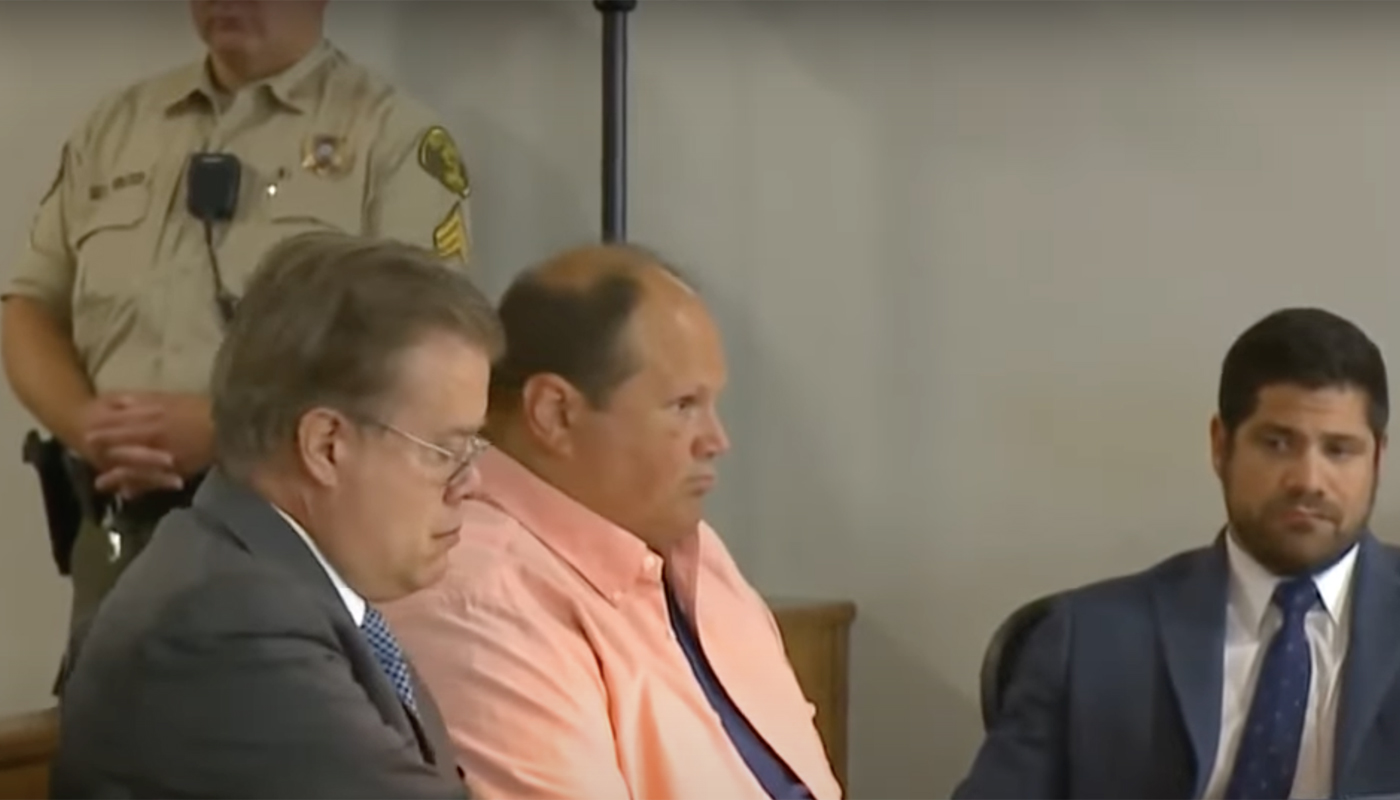
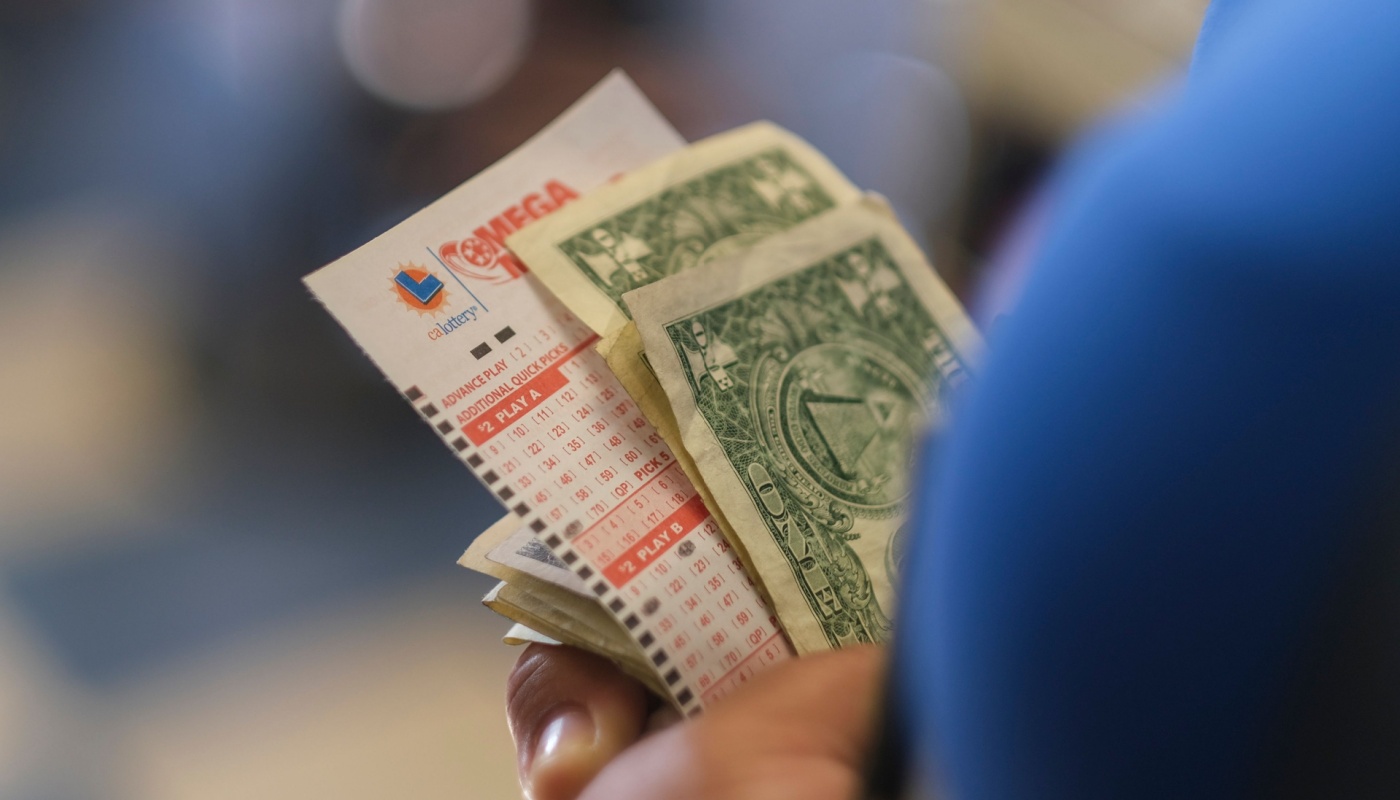

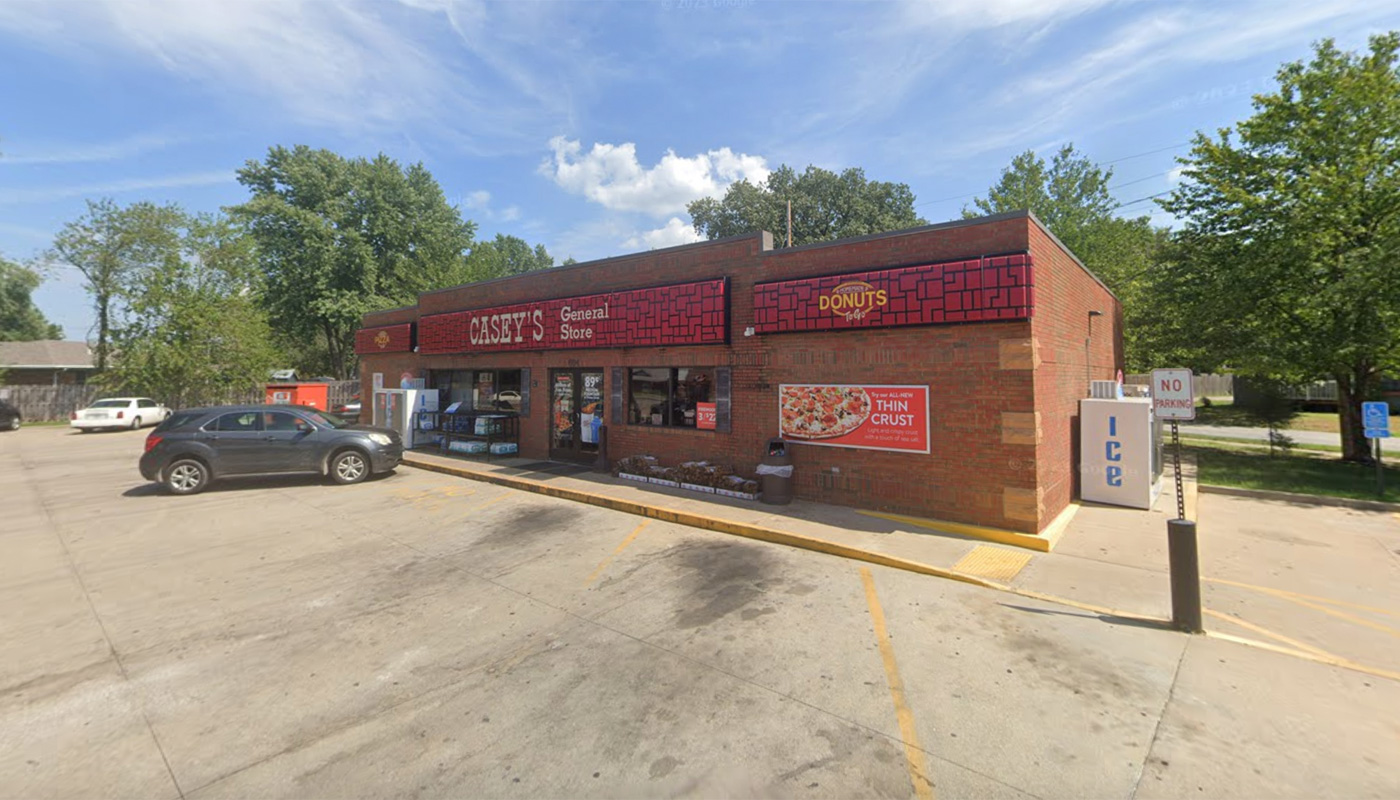
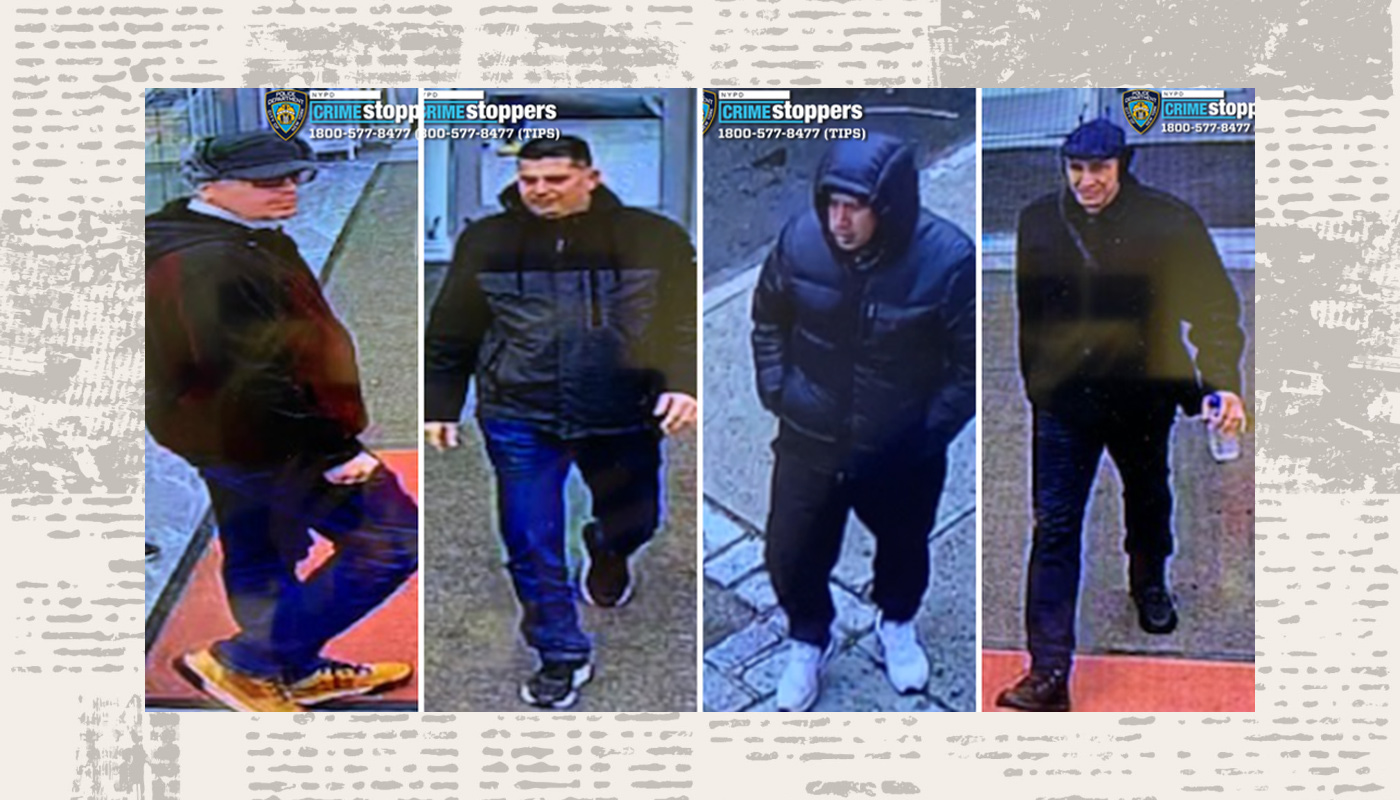

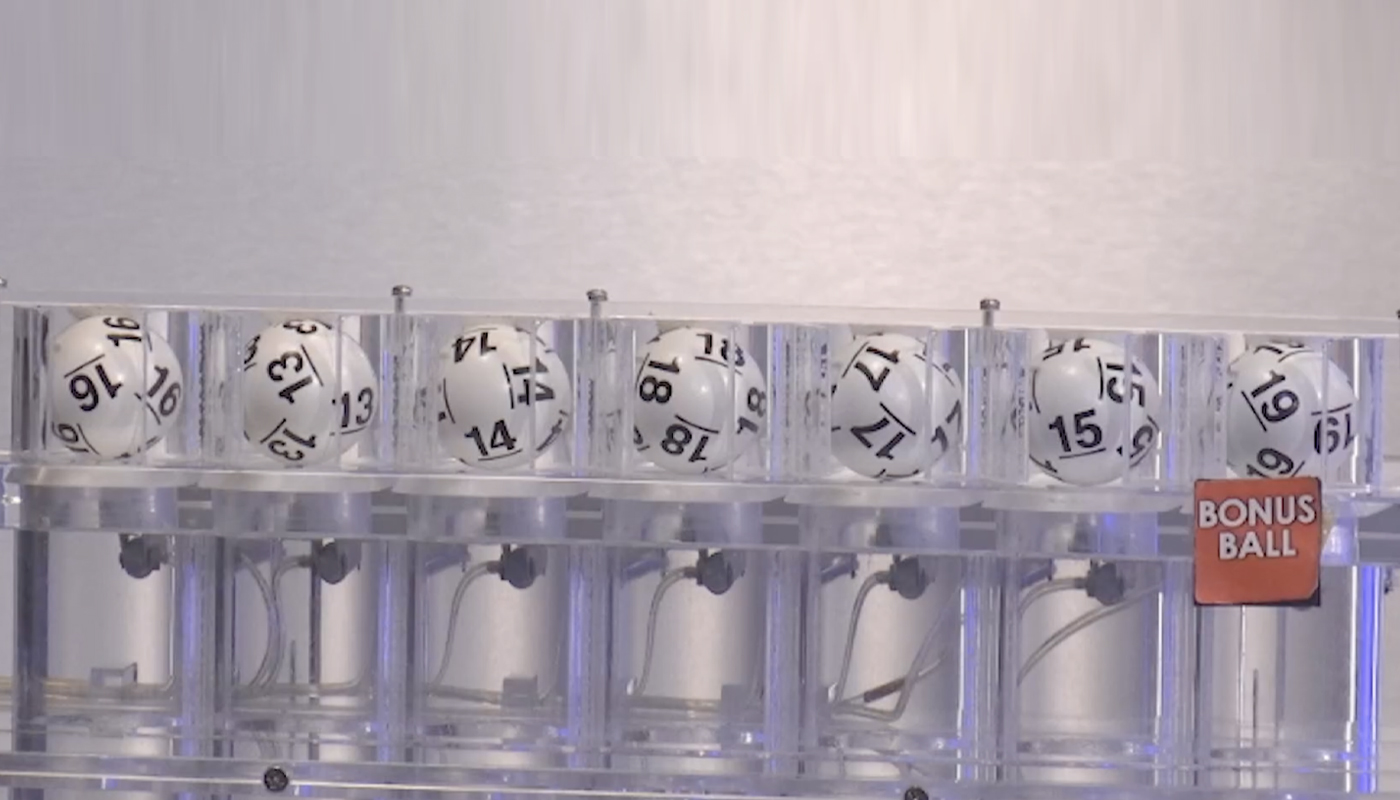


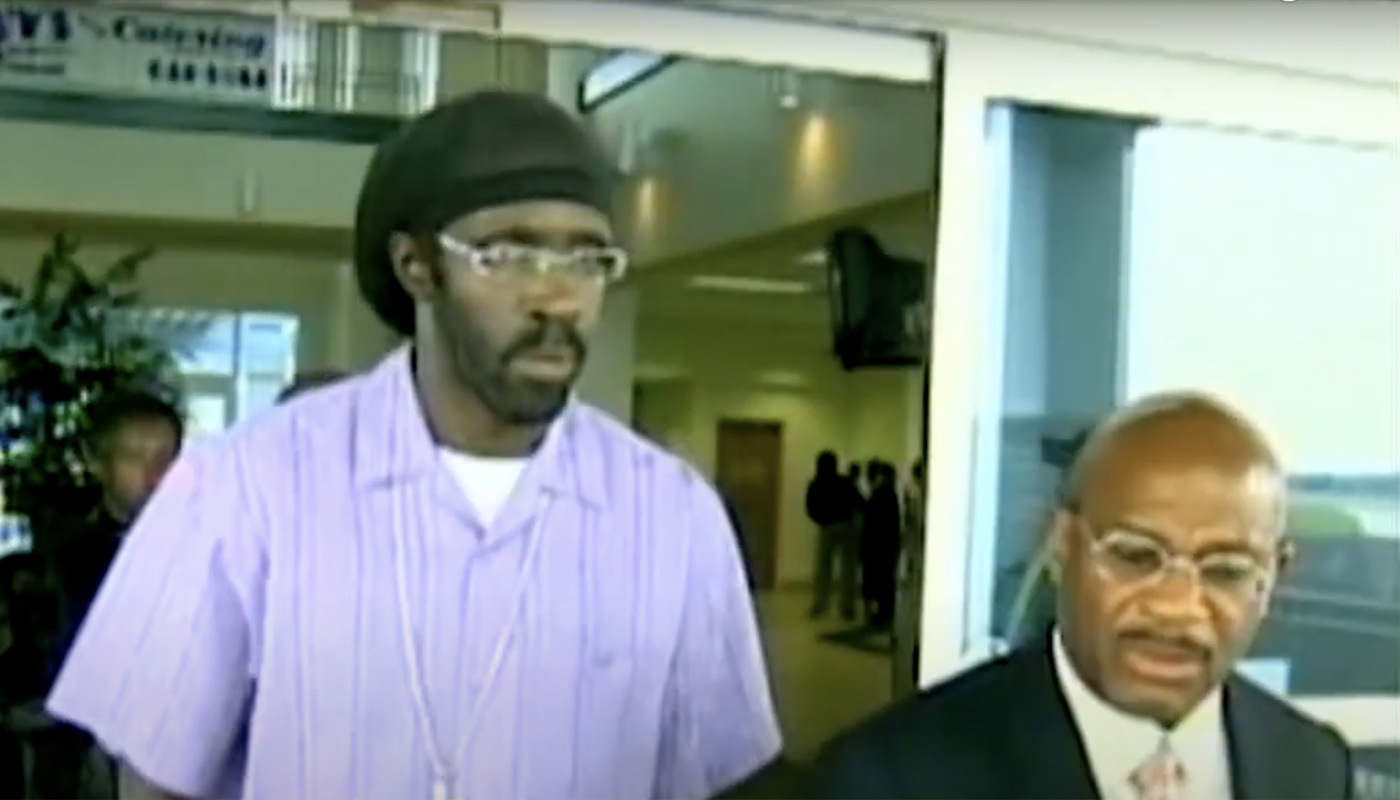

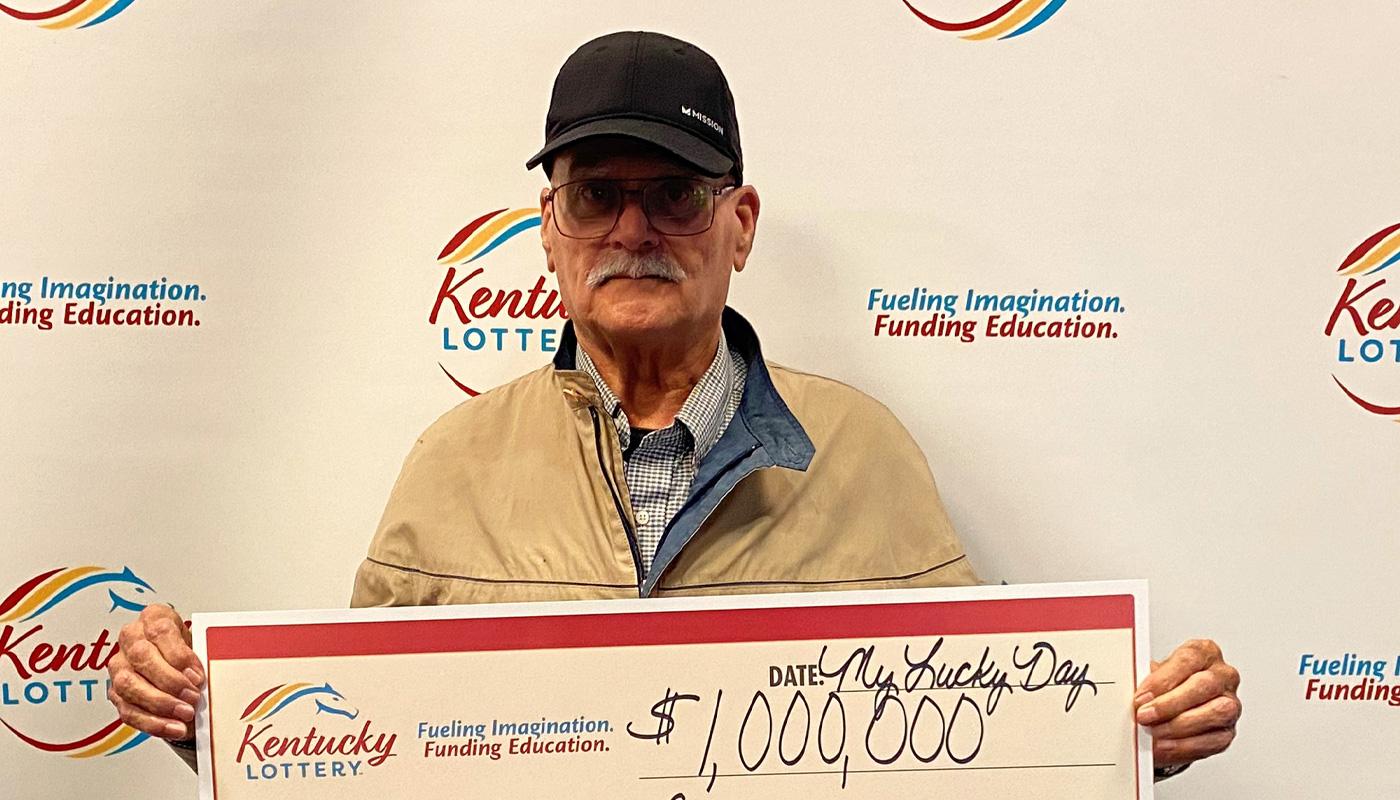








Comments